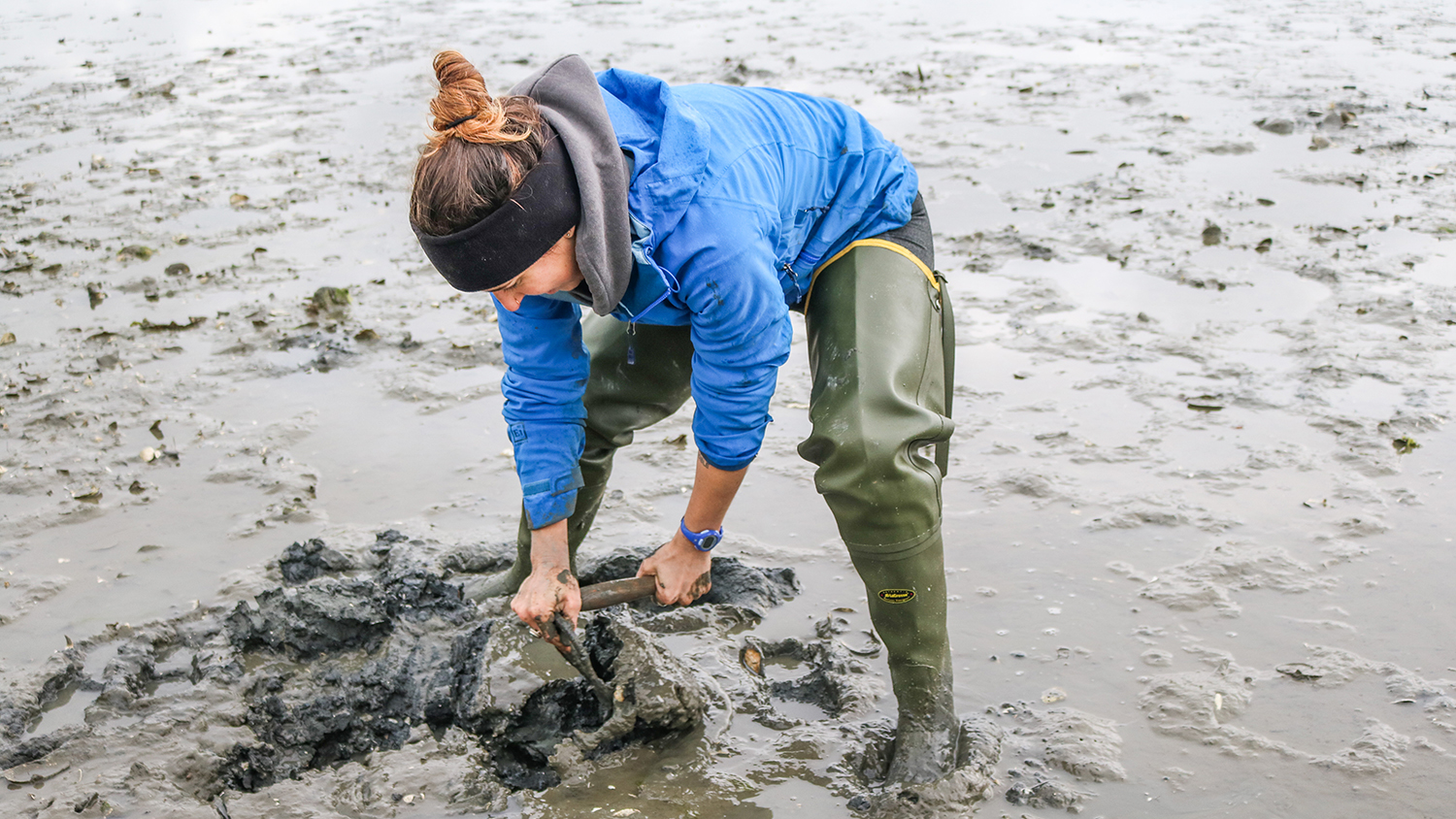
Research Reveals Diverse Community Benefits of Small-scale Fisheries
University of Maine researchers Heather Leslie and Kara Pellowe are studying the diverse benefits provided by fisheries in partnership with harvesters and other local experts in multiple regions, including Maine and Mexico.
Pellowe, a former UMaine postdoctoral scholar now at the Stockholm Resilience Centre in Sweden, and Leslie, director of the UMaine Darling Marine Center in Walpole, contend that the benefits provided by fisheries are more diverse than is often accounted for in fisheries management.
In a recent study of the diverse benefits that small-scale fisheries provide to coastal communities, Pellowe and Leslie found that non-fishing families recognize the diverse benefits associated with coastal fisheries. The study specifically investigated how these benefits were recognized in the community of Loreto in the northwest region of Mexico, where both fisheries and tourism play important roles in the local economy, much like the Maine coast. Their findings were published in the scientific journal Ambio.
The study is based on data that Pellowe collected in Loreto, Baja California Sur, Mexico. She used a standard social science approach, household surveys, to gather information on the benefits that the Mexican chocolate clam fishery provides to community members.
The data revealed that the values of most importance to the community were the economic, cultural and tourism values generated by the clam fishery. The clams also contribute to a shared sense of local community identity, particularly for participants who had lived in the region longest. The high cultural and historical significance of the fishery highlights chocolate clams as a cultural keystone species in the Loreto region.
A full news release about the research is online.
Contact: Kara Pellowe kara.pellowe@maine.edu or Heather Leslie heather.leslie@maine.edu
